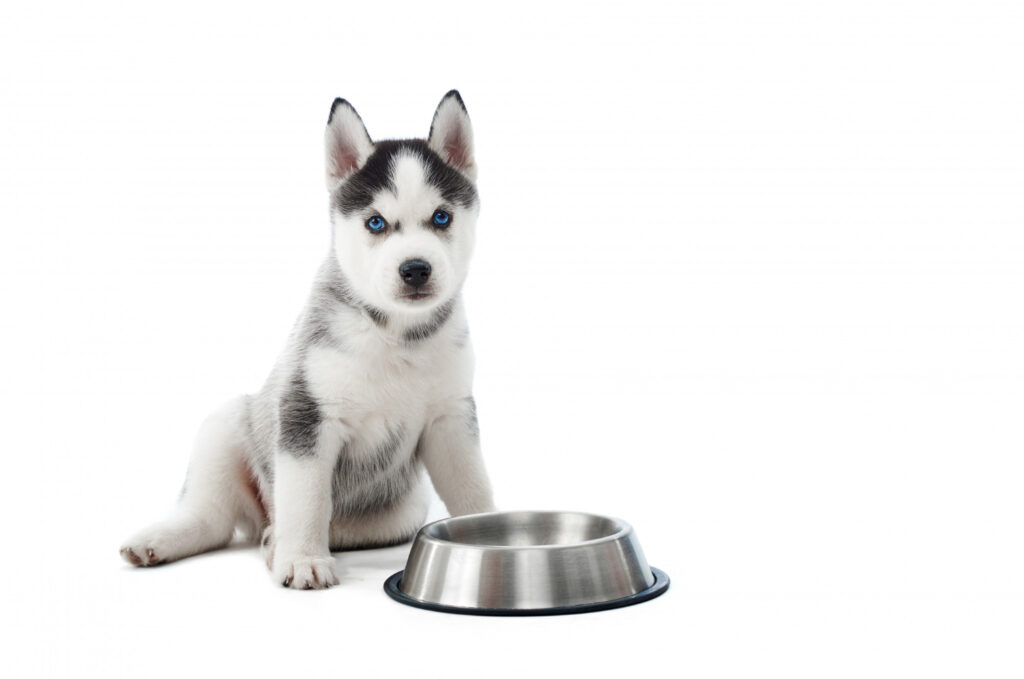In the world of culinary delights, people often consider lobster a delicacy. It’s no wonder that many dog owners wonder if their furry companions can partake in this luxurious treat.
As a responsible pet owner, it’s essential to be aware of what foods are safe for dogs to consume. This article will answer the question, “Can dogs eat lobster?” It will provide you with all the necessary information to determine if it is safe for your pet.
Can Dogs Eat Lobster?
Yes, dogs can eat lobster in moderation. Lobster is a good source of protein, vitamins, and minerals. However, it should be cooked thoroughly and served plain, without any added butter, seasoning, or shells, which can pose choking hazards or cause digestive issues.
Introduce lobster gradually to ensure your dog does not have an allergic reaction or digestive upset. Always consult your veterinarian before adding new foods to your dog’s diet.
Understanding Canine Dietary Needs
Before delving into the specific topic of dogs and lobster, it’s crucial to understand the dietary needs of our canine companions. Dogs are primarily carnivores, meaning their bodies are designed to derive nutrition from animal-based sources.
Certain types of food can cause digestive problems and potential health complications if their digestive systems are not equipped to handle them.
The Nutritional Composition of Lobster
Lobster is a type of seafood that is rich in various nutrients. It contains protein, vitamins, minerals, and omega-3 fatty acids. While these components can be beneficial for humans, it’s important to assess whether they are suitable for dogs.
Protein
Protein is an essential macronutrient for dogs, as it supports muscle growth and repair. Lobster contains a significant amount of protein, making it an attractive food source for dogs.
However, it’s crucial to consider the overall balance of protein in your dog’s diet. A well-rounded canine diet should consist of protein from various sources, such as meat, fish, and poultry.
Vitamins and Minerals
Lobster also contains essential vitamins and minerals that contribute to overall health. It contains vitamins B12 and B6, which are necessary for maintaining proper neural function. Additionally, it contains minerals like zinc, magnesium, and phosphorus, which support bone health and various metabolic processes in the body.
Omega-3 Fatty Acids
Omega-3 fatty acids have a renowned reputation for their anti-inflammatory properties and their promotion of a healthy coat and skin. Lobster contains omega-3 fatty acids, which can be beneficial for dogs. However, it’s important to note that dogs have different requirements for omega-3 fatty acids compared to humans. Therefore, it’s best to consult with your vet regarding the appropriate sources and quantities of omega-3 fatty acids for your dog.
Potential Risks of Feeding Lobsters to Dogs
Typical signs of food allergies in canines include scratching, skin inflammation, digestive problems, and breathing difficulties.
Lobster is good for dogs, but be careful of the risks. Consider the following factors before deciding to share your lobster dinner with your furry friend:
Allergies and Sensitivities
Dogs, like humans, can develop allergies and sensitivities to certain foods. Lobster, a type of seafood, has the potential to trigger allergic responses in certain people. We recommend slowly incorporating lobster into your canine companion’s meals, starting with a small portion, and monitoring for any negative reactions.
Typical indications of food allergies in dogs encompass itching, skin irritations, digestive system disruptions, and respiratory difficulties. Should you observe any of these signs, cease feeding lobster and seek advice from your vet.
High-Fat Content
Lobster has a relatively high-fat content, which may not be suitable for all dogs. Breeds prone to pancreatitis or those with pre-existing digestive issues may have difficulty digesting fatty foods.
Feeding excessive amounts of lobster can potentially lead to digestive tract upset, including diarrhea and vomiting. If your dog has a sensitive stomach or any underlying health conditions, it’s best to avoid feeding them lobster altogether.
Preparation and Seasonings
Another crucial aspect to consider is how the lobster is prepared and seasoned. Lobster dishes often contain butter, garlic, salt, and other seasonings that may be harmful to dogs. Butter and excessive salt intake can lead to pancreatitis and electrolyte imbalances, respectively.
Dogs should avoid garlic, onions, and certain spices entirely as they can be toxic. It’s vital to serve plain, unseasoned, and properly cooked lobster if you decide to offer it to your dog.
Alternatives to Lobster for Dogs
If you’re not certain about including lobster in your canine’s diet or if you wish to experiment with alternative choices, there are numerous dog-appropriate foods that provide similar nutritional benefits. Consider the following alternatives:
Fish
Fish, such as salmon and sardines, are excellent sources of protein and omega-3 fatty acids. They offer similar benefits to lobsters without the potential risks associated with shellfish allergies. Make sure to cook the fish thoroughly and remove any bones to prevent choking hazards or damage from sharp bones.
Lean Meats
Lean meats, like chicken and turkey, are safe and nutritious options for dogs. They provide high-quality protein while minimizing the risk of excessive fat intake. Remember to remove the skin and bones before serving.
Fruits and Vegetables
Certain fruits and vegetables, such as blueberries, carrots, and green beans, can serve as healthy snacks for dogs. They provide vitamins, minerals, and fiber that contribute to overall well-being.
Conclusion
In conclusion, the question, “Can dogs eat lobster?” has a complex answer. Although lobster is rich in protein, vitamins, minerals, and omega-3 fatty acids, it can also present dangers like allergies, a high level of fat, and worries about the seasoning used.
It’s crucial to evaluate your dog’s individual health status, dietary requirements, and potential sensitivities before introducing lobster into their diet.


